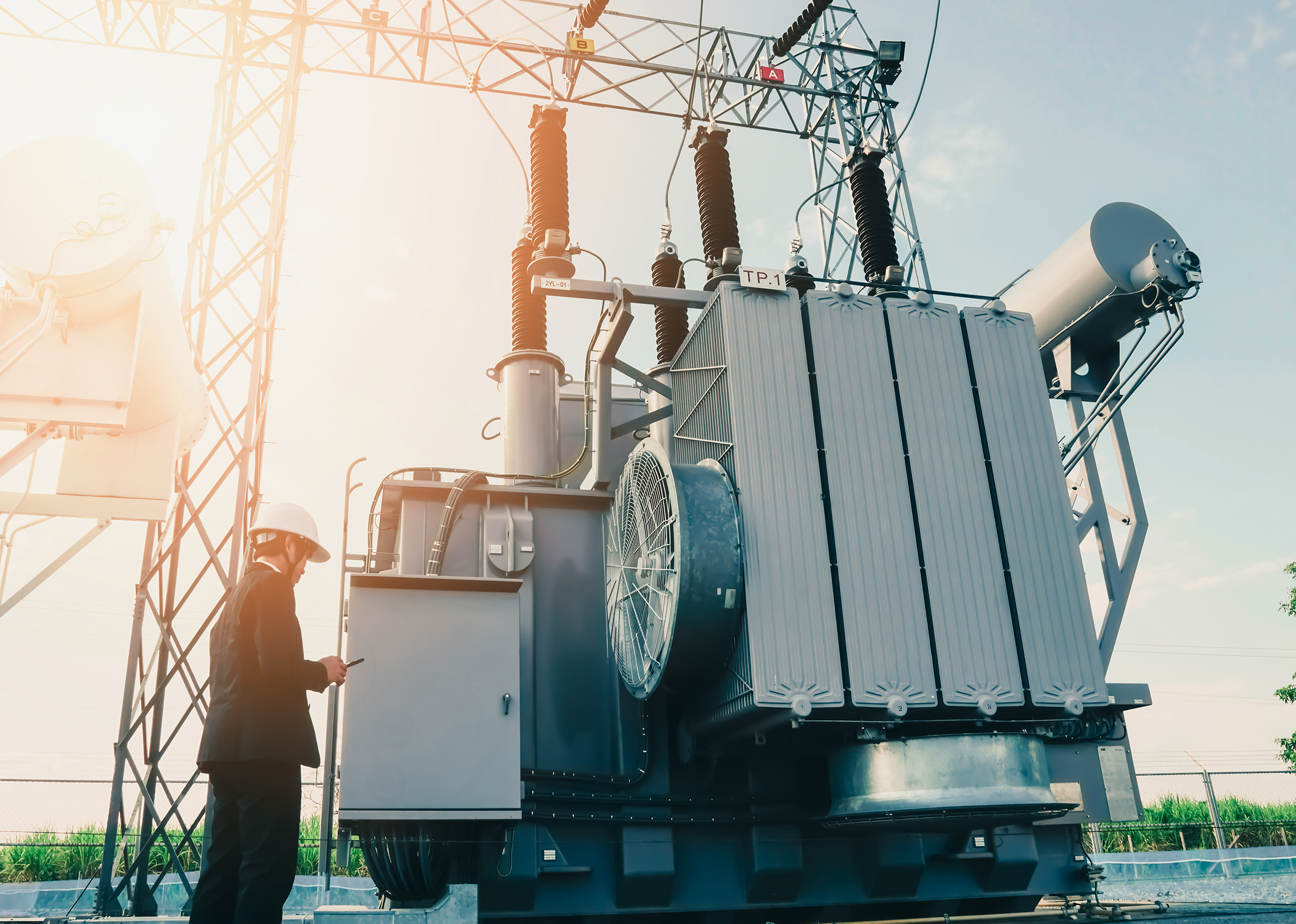
When businesses face temporary power needs or require backup solutions, renting a transformer can be a cost-effective strategy. Understanding the essentials of a transformer rental contract and selecting the right rental are steps you need to take to ensure uninterrupted operations. This guide will walk you through what to expect in your transformer rental contract and how to choose the right provider and equipment, according to industry leaders.
What to Expect in a Transformer Rental Contract
A transformer rental contract outlines the terms and conditions between the rental company and the customer, covering aspects like:
- Rental Period and Payment Details: The duration of the rental and payment terms, including rent and additional charges.
- Maintenance and Operation Responsibilities: Clearly states the responsibilities of both parties in maintaining and operating the equipment.
- Repairs and Equipment Return: Procedures for handling repairs and returning the equipment post-rental.
- Liability and Insurance Requirements: Details on risk management, indemnity, insurance needs, and limitations of liability to protect both parties involved.
6 Key Considerations in Transformer Rental Contracts
Understanding the intricacies of a transformer rental contract is crucial to ensure both parties—the rental company and the customer—are protected and have clear expectations. Here are some critical elements to watch out for in your contract:
- Clauses on Early Termination and Extensions: Be aware of the terms concerning the early termination of the contract or the extension of the rental period. These clauses should clearly outline any penalties or fees and the process for notifying the rental company.
- Maintenance and Repair Responsibilities: It should be clear who is responsible for the maintenance and repairs of the rented transformer. Some contracts may require the rental company to handle all maintenance, while others might transfer some responsibility to the customer, especially for on-site care or minor repairs.
- Insurance and Liability: Ensure that the contract specifies the insurance requirements for both parties. This includes who bears the cost of insuring the equipment and the coverage amount. Liability clauses should also clearly state who is responsible for damages during the rental period.
- Delivery and Installation: Pay attention to the terms regarding the delivery and installation of the transformer. This includes who is responsible for these costs and any conditions or preparations required at the site before installation.
- Compliance with Regulations: The contract should stipulate that the equipment complies with all relevant safety and industry regulations. This ensures that the rented transformer meets legal standards for operation and safety.
- Default and Remedies: Understand what constitutes a default under the contract, such as late payments or failure to return the equipment in the specified condition. The contract should outline the remedies available to both parties in such scenarios.